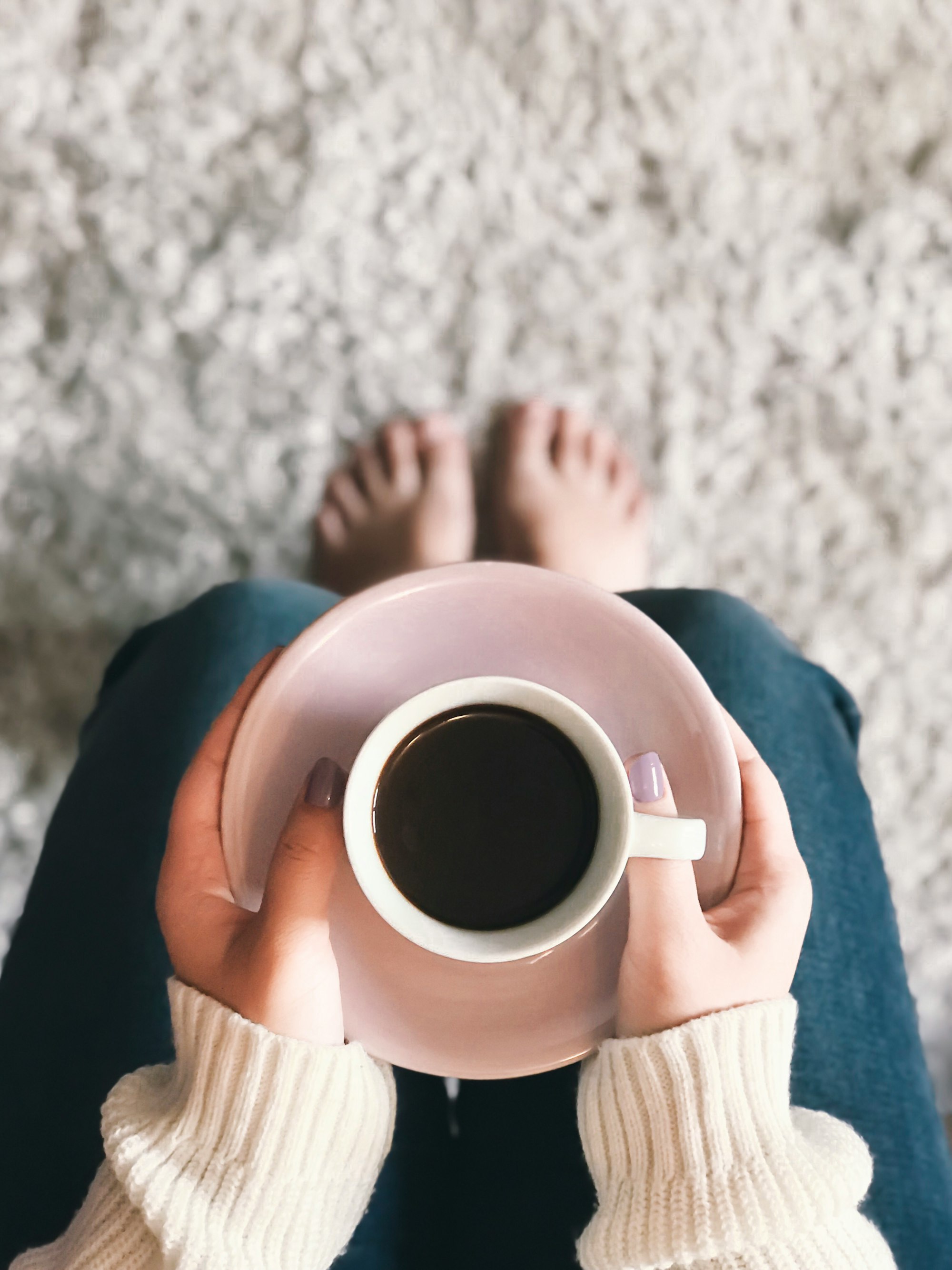I quit caffeine for 30 days, again.

More focus, less anxiety and better sleep. Why fighting the addiction is worth it.
Hi, my name is Willi, and I am addicted to caffeine. The realisation came with my first real job. Real in the sense of responsibility. Being in charge of a product, a budget, and the most important people, who rely on my work was overwhelming. I was not prepared for this at all, but I was willing to accept the challenge. Time went by, and working in a startup felt like a rollercoaster ride. Moments of pure happiness got shattered by stress and anxiety. Every day was different and in a way, unpredictable. Subconsciously I was craving for routines and something to hold on in difficult times and coffee was the answer.
Grabbing a cup of coffee became my ritual in various situations. Before I started working, my team and I went to the coffee machine and had our morning chat, while we were all waiting for our coffee. After lunch, we did the same thing. Whenever I felt tired in the afternoon, I asked one of the others if they would like to do a short break, drinking coffee and go for a walk. Whenever I headed to an important meeting, a cup of coffee was my go-to accessory. Oh, and I forgot to mention that we often had other beverages around, that also contained caffeine.
In total, I had at least 4–5 cups of coffee every day, plus 1–2 drinks like mate tea.
One day I remember finding myself too stressed out. The project was not working out as planned, and I was drowning in the number of tasks. Instinctively I was holding on to my rituals. First, second, third…the cups on my desk were adding up quickly. Instead of feeling awake and productive, I felt anxious and trembled. The level of productivity was zero. I was gazing at my MacBook and did not do anything.
After this day, I knew that I had to change something. Obviously, coffee was not the source of my stress, but it didn’t help either. A good friend of mine regularly had caffeine-free months. He argued that he wanted to let his body recover from the effects that caffeine has on it. And the rules were simple. Do not consume anything that contains caffeine for the next month. At this point, I knew that continuing drinking coffee will not help me coping the stress, so I agreed to try it for one month.
The first few days were horrible. Mentally I felt great. It was easy to stop drinking coffee, but my body didn’t like the absence of caffeine. Headaches were my companion for at least three days. My bodies reaction showed me how much effect this delicious drink had on my system. It was shocking and insightful at the same time. Experiencing this made me research all the effects that caffeine has on my body. From all the long list of benefits, I was able to actually experience a few by myself.
Within the last few years, I repeated this 30-day caffein break whenever I felt that the time has come. I wrote down my main findings and reasons why I stuck with this method.
Addiction
Admitting to being addicted to something -in my case caffeine- is an achievement by itself. Being able to control an addiction provides confidence. It requires a lot of discipline and willpower to say no. For me doing this feels like a good training or preparation. You can’t anticipate what is going to happen in life, but having the skill to handle addiction might be useful one day in the future. So why not practice it?
Sleep
The primary purpose of caffeine is to delay being tired. So by withdrawing caffeine from the system, the bodies own mechanism of controlling your sleep rhythm can work without interference. Personally, I could measure the positive effect. Yes, I do track my sleep quality every night. One of the main reasons why the lack of caffeine helped me to improve my sleep was the ability to maintain a constant sleep rhythm. Going to bed at the same time every night, and being able to fall asleep immediately feels excellent.
Focus
As long as my sleep quality is on point, I do not feel that I lack focus or productivity. The only thing that is missing is the ritual of starting being productive. Drinking coffee before starting to work was like a signal that said: “The energy is about to kick in, let’s start working.”
I didn’t find an alternative yet, and I am not sure if this is necessary. Most of us work in some sort of creative space, where thinking and collaboration with others is our job. Maybe it’s not wrong to listen to your body and let it decide when the it’s the right time to start being creative.
Anxiety
Looking for salvation by drinking more and more coffee in times of stress is stupid, but it came naturally to me. Since there is no “caffein-shelter” to hide, I started looking for alternatives. By not being under the influence of caffeine, in general, gives me a sense of clarity. This clarity about my own state of mind makes it easier for me to detect stress or anxiety. Going for a run or working out became my alternative.
As mentioned, this was not my first time doing this little experiment. After my last period, I decided to continue quitting caffeine. Having experienced the difference multiple times within different times in my life, I came to the conclusion that I prefer the more stable way of life without the influence of caffeine. The only exception that I do is decaf coffee, knowing that it’s not entirely caffeine-free. Sometimes I miss the taste of coffee, and I simply enjoy sitting in cosy coffee places around the city.
I hope this article was insightful. Leave a comment if you already tried quitting caffeine and would like to share your experience.
Cheers
Willi
PS: Thank you for reading the article. You are awesome.
